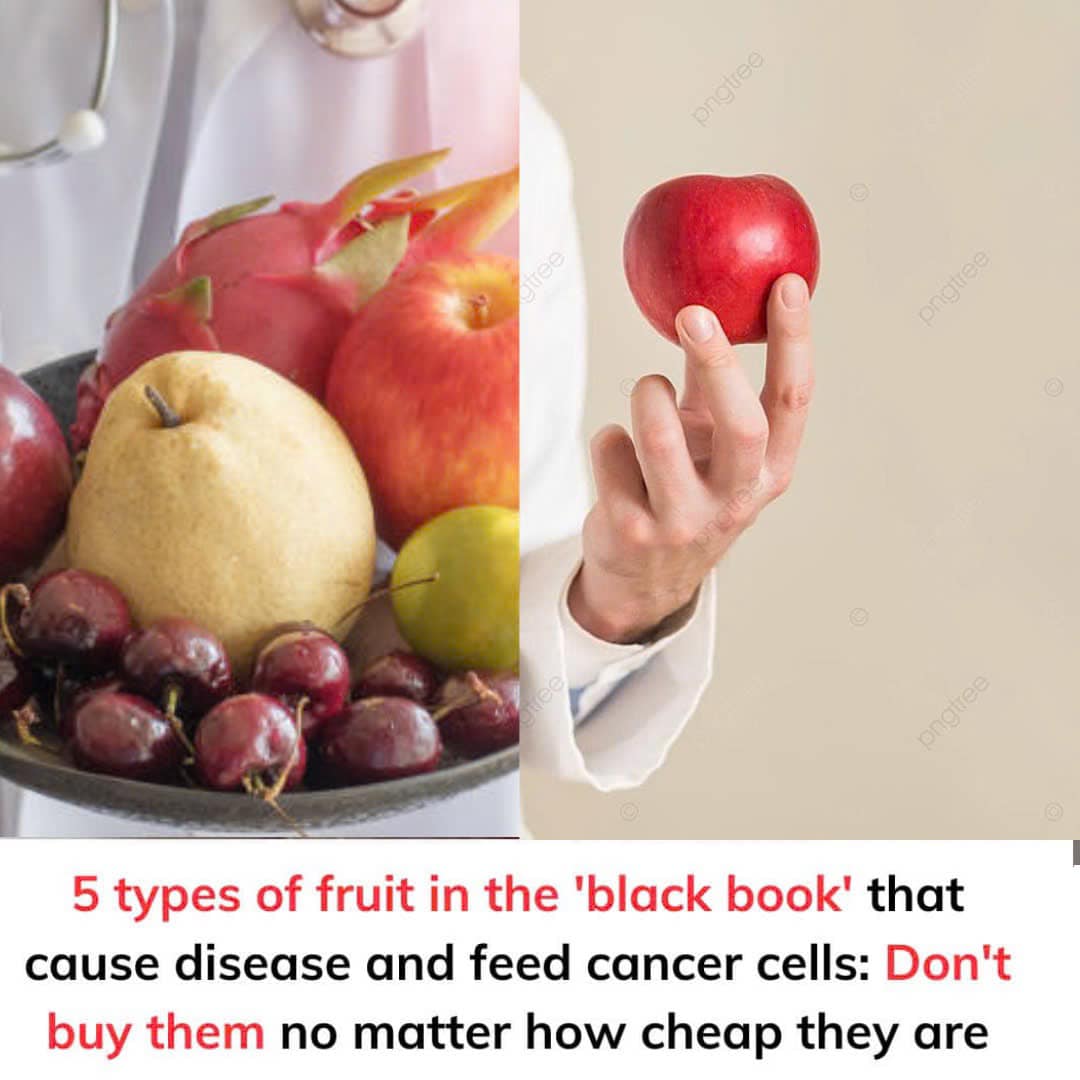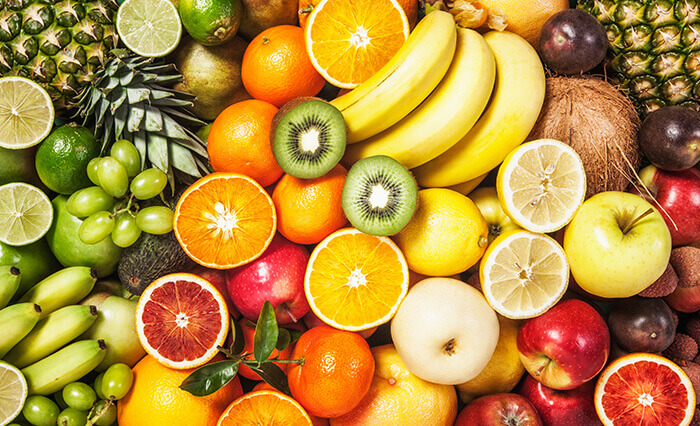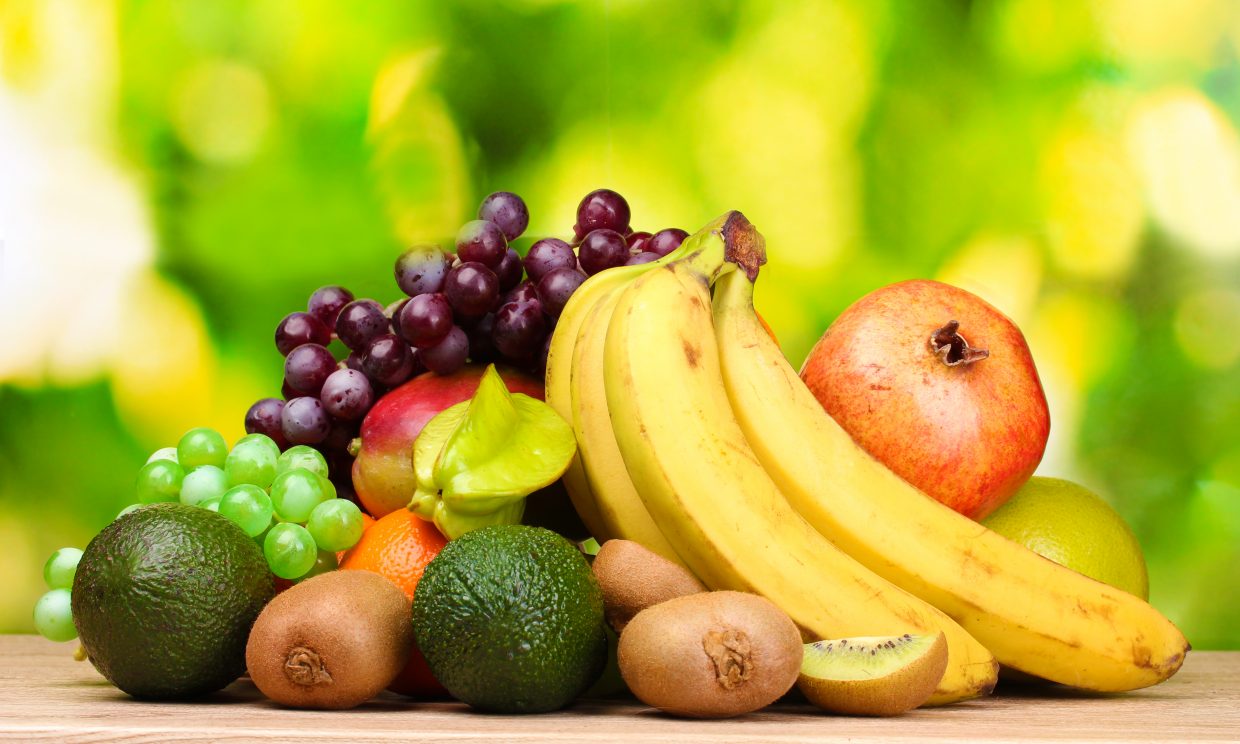
These days, when purchasing vegetables or fruits, people tend to focus on finding options that are clean, affordable, and in season to avoid the harmful effects of chemicals. However, beyond these typical criteria, some fruits—despite being tasty, nutritious, and inexpensive—contain toxins that can promote cancer development.
So, which fruits are these? Experts advise avoiding these five types of fruit as they may increase cancer risk, including some commonly consumed varieties today.
1. Rotten Fruit: Aflatoxin Linked to Liver Cancer, as Noted by WHO
Many people buy cheap, slightly rotten fruit, attracted by its sweetness, fragrance, and nutrients when fresh. However, consuming moldy fruit can lead to digestive issues such as nausea, diarrhea, and bloating. Mold contains aflatoxin, a toxin that can cause hepatitis and liver cancer. Aflatoxin doesn’t just stay on the surface; it penetrates deep into the food. So, even if the affected parts are cut away or the fruit is cooked at high temperatures, the risk of poisoning remains.

2. Betel Nut: Oral Cancer Hazard Warned by IARC
Betel nut and betel leaf are traditional snacks in some countries. However, chewing betel nut can cause abrasion of the oral mucosa, leading to the epidermis peeling off or creating scratches. Toxins in betel leaves, areca nuts, figs, or tobacco can then irritate these areas, potentially causing cancer.
Research shows that arecolin and arecailin in areca nuts stimulate the secretion of gastric juices, reduce heart rate, and activate nerves, which is why many people feel pale after chewing betel, similar to the effect of consuming alcohol.
3. Cold-Stored Fruits: Nitrites Could Lead to Cancer
When the weather heats up, many opt for cold-stored fruits. However, experts caution that most tropical fruits are not suitable for refrigeration, as they may develop nitrites, compounds linked to cancer risk.

4. Wax apples
This kind of apples can easily cause blood cancer.
5. Chemically Treated and Artificially Ripened Fruits
Fruits soaked, ripened, or preserved with chemicals can pose serious health risks. These risks may include:
• Harmful Chemicals: This group of chemicals is used to hasten ripening and enhance the fruit’s color. However, once ingested, they can cause significant harm to the liver, kidneys, and nervous system. Therefore, both healthy individuals and cancer patients should avoid consuming fruits treated with harmful chemicals.
• Genetic Alteration: Chemicals used in the treatment of fruits can lead to genetic mutations, which significantly increase the risk of developing cancer, cancer cell metastasis, or cancer recurrence.
• Digestive Issues: Chemicals in fruits can irritate the stomach lining, leading to digestive disorders ranging from mild to severe, such as bloating and diarrhea. Moreover, chemically treated fruits can reduce the body’s ability to absorb essential nutrients.
